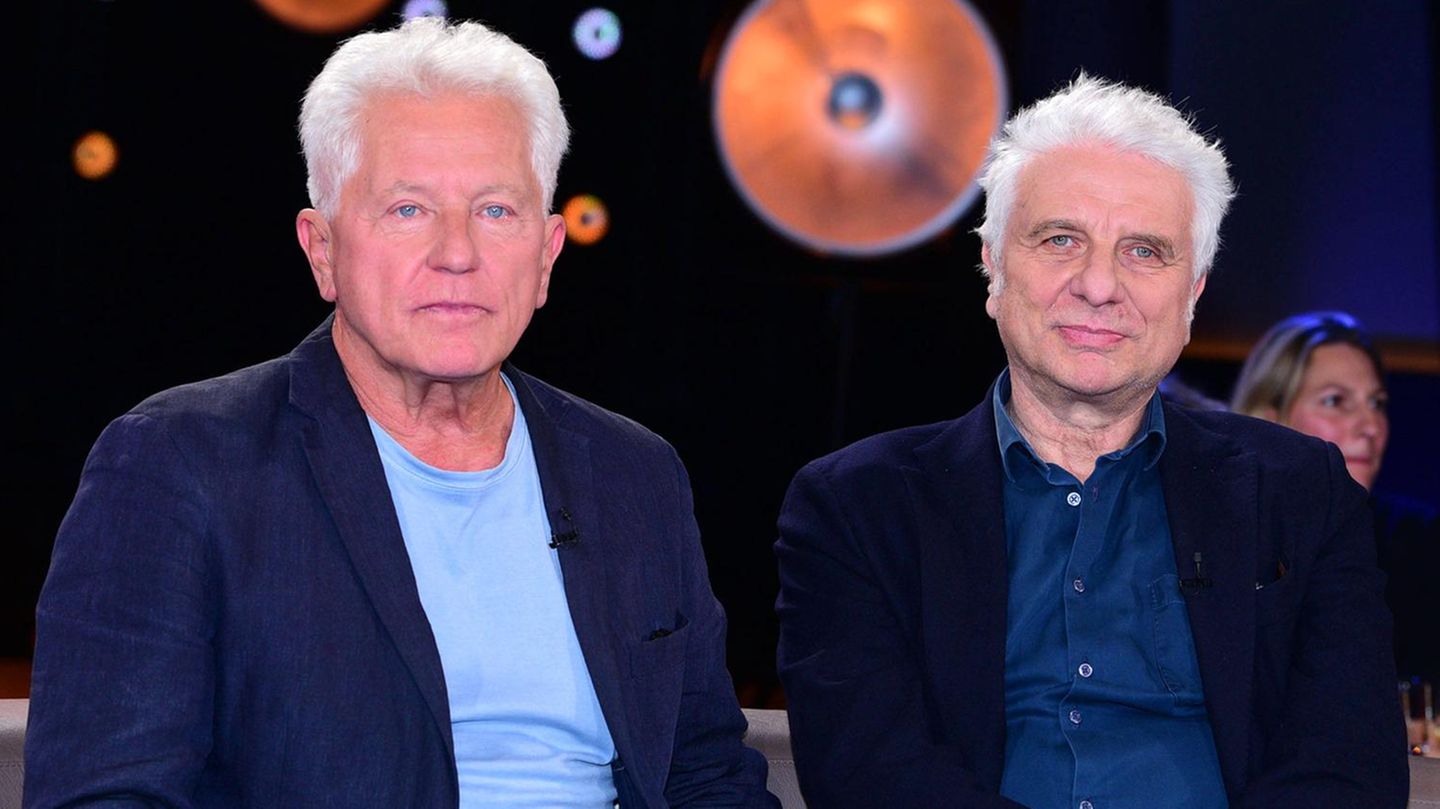At the presentation on Thursday in Linz, LH deputy Christine Haberlander (ÖVP) questioned the free tests as a “suitable instrument” against Corona. She considers the compulsory vaccination “makes sense”, but criticized “weak points in the implementation”.
The previous variety and the generous range of free tests would probably be “counterproductive” in terms of vaccination coverage, she said. Therefore, it should be considered whether the system should not be changed from April. She stuck to the general obligation to vaccinate, but she emphasized once again that the implementation of the law was not practicable from a state perspective, for example with regard to the controllability of the intervals between vaccinations.
Those are the motives
From January 12 to 21, the Linz opinion research institute surveyed 1,105 people over the age of 16 by telephone or online about their attitude towards vaccination. Because of the poor vaccination rate – Upper Austria is still at the bottom of the nation at 65 percent – the state had the motives determined. Even if the proportion of those who do not want to be given an injection has decreased, this group is increasingly being reduced to the tough opponents of vaccination.
More than 90 percent of them named the personal reasons for rejection as passing on the virus (95 percent) despite vaccination and the lack of protection against illness (92 percent). 87 percent fear long-term consequences and find the vaccine too unsafe. The so-called inactivated vaccine, which is expected to be available at the end of February, is also not an alternative for two-fifths of the unvaccinated, while a third were still undecided.
Basically, however, 60 percent see vaccination as a “central tool” in the fight against the pandemic, according to IMAS research director Paul Eiselsberg. In August 2021, 57 percent of respondents considered this to be “very important” or “important”. 54 percent were in favor of compulsory vaccination, 43 percent opposed it and three percent gave no information. The group of those vaccinated named the free offer (89 percent) and, in addition to self-protection (87 percent), the solidarity contribution to society (86 percent) as the main reason for immunization.
Educational talks and online talks
Tilman Königswieser, Medical Director of the Salzkammergut Clinic and member of the crisis management team, asserted that “vaccinating is the sure way to immunity”. In Upper Austria, only 0.75 percent of all infected people are currently in the hospital and only a tenth of all patients are in an intensive care unit. This is not only due to the milder variant Omikron but also to the vaccination rate.
In order to increase the willingness to vaccinate through “information, education and campaigns” and to use tax money “precisely”, Haberlander initiated the follow-up study. She announced that from the eighth calendar week, so-called vaccination doctors would be available on the public vaccination streets for purely informative talks on Fridays. Around 90 doctors reported. Online talks are also planned, because those who refuse to vaccinate are the largest in the group of 30 to 49 year olds. Here 22 percent are unvaccinated.
Source: Nachrichten




